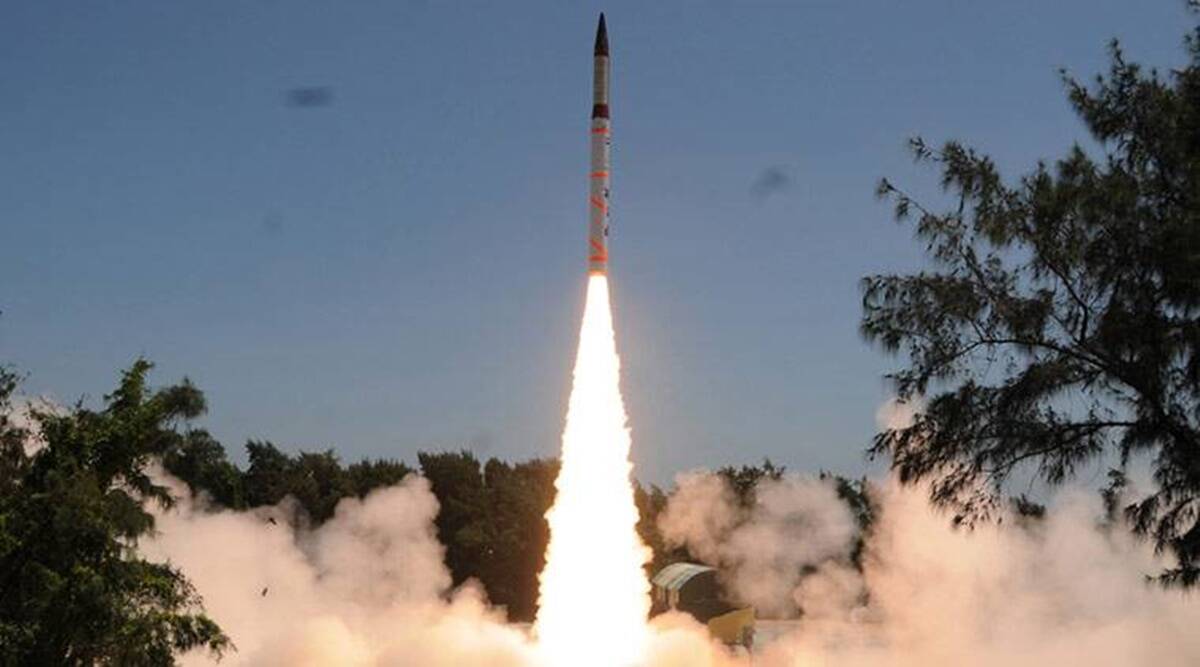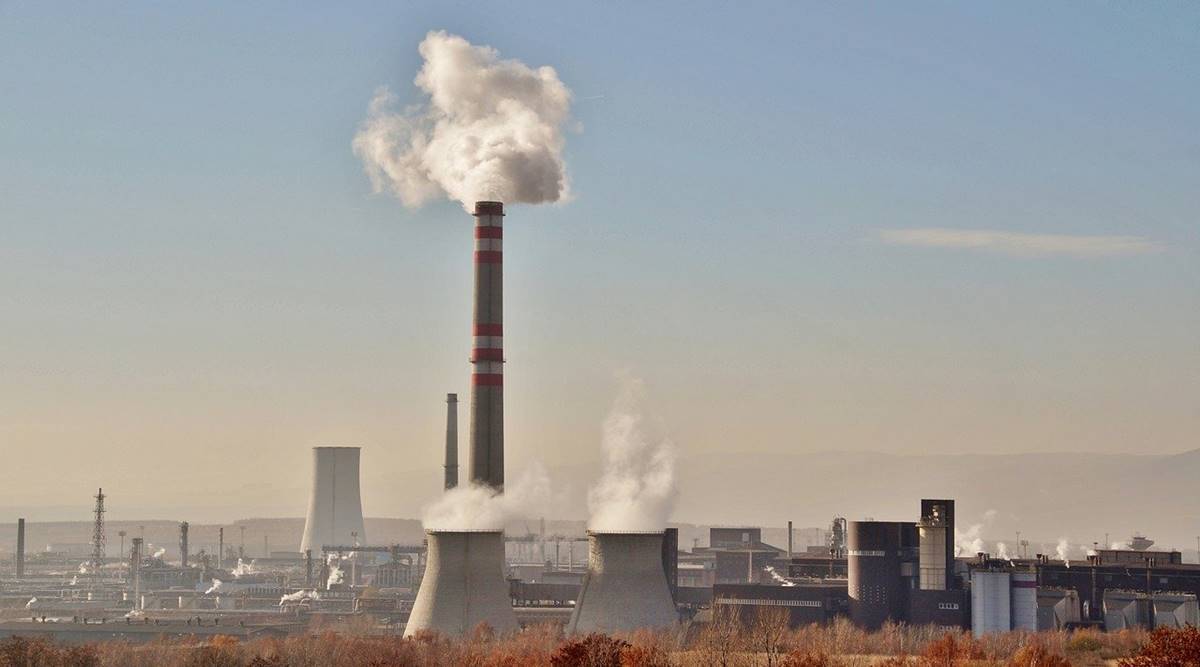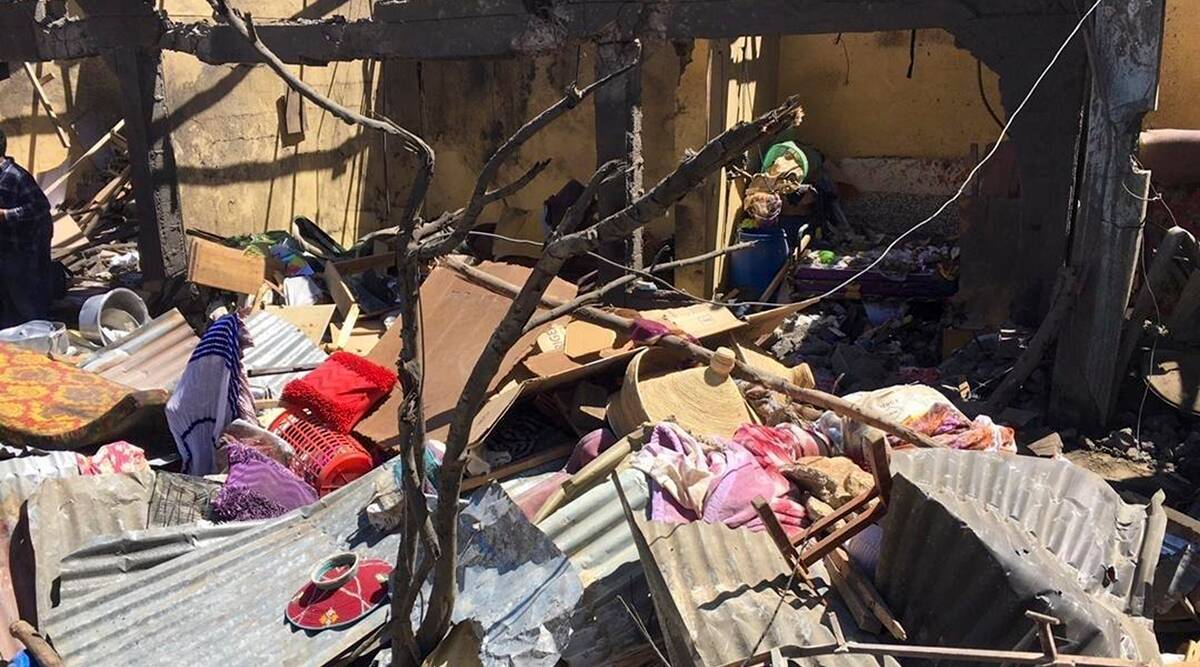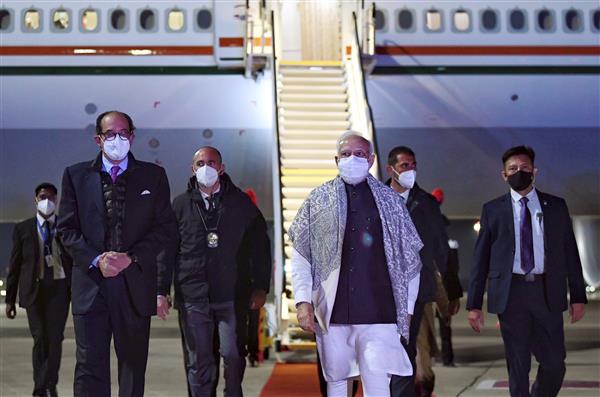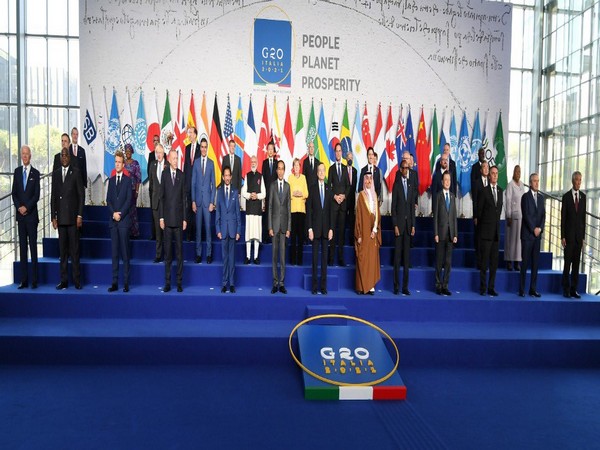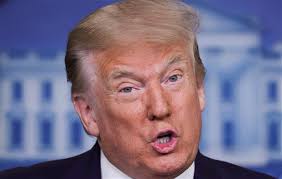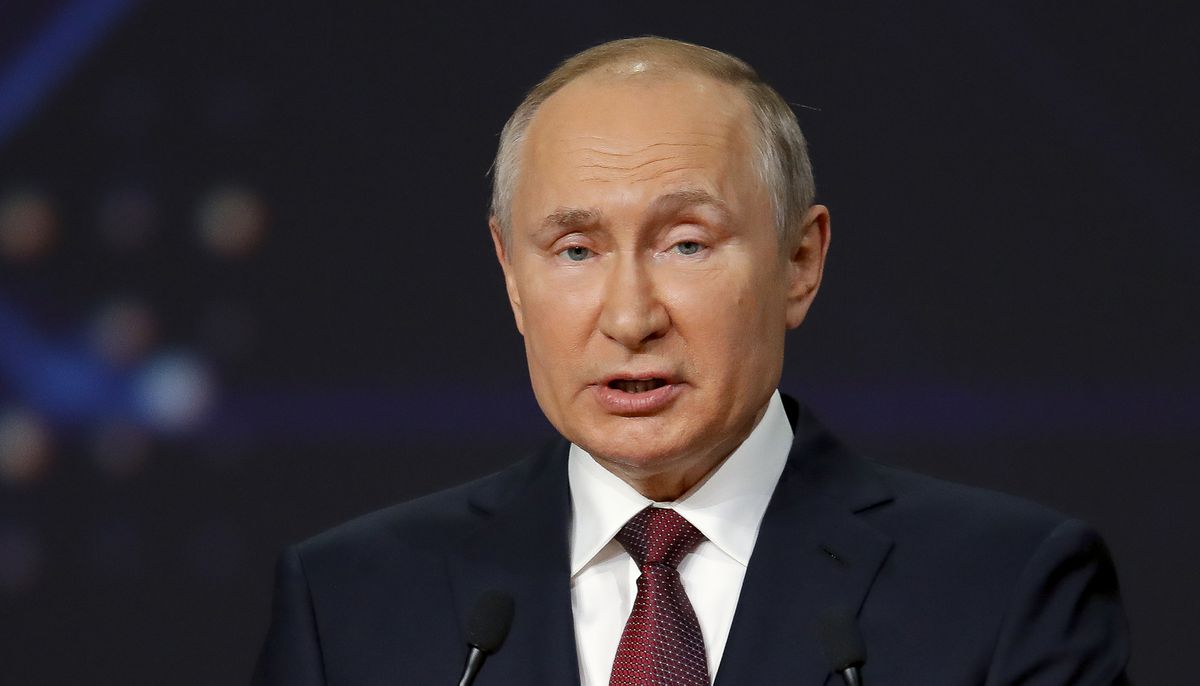
01/10/2022
Moscow, Jan. 10: Russia said on Sunday it would not make any concessions under U.S. pressure at talks this week on the Ukraine crisis and its demands for Western security guarantees, and that there was a risk they might end quickly.
The hard line from Moscow underscored the fragile prospects for negotiations that Washington hopes will avert the danger of a new Russian invasion of Ukraine, at the tensest point in U.S.-Russia relations since the Cold War ended three decades ago.
Talks are due in Geneva, Brussels and Vienna but the state-owned RIA news agency quoted Deputy Foreign Minister Sergei Ryabkov as saying it was entirely possible that diplomacy could end abruptly after a single meeting.
“I can’t rule out anything, this is an entirely possible scenario and the Americans… should have no illusions about this,” he was quoted as saying. “Naturally, we will not make any concessions under pressure and in the course of threats that are constantly being formed by the Western participants of the upcoming talks.”
Interfax news agency quoted Ryabkov, who will lead the Russian delegation in Geneva, as saying Moscow was not optimistic going into the negotiations.
The comments from Ryabkov, who has compared the situation to the 1962 Cuban missile crisis when the world stood on the brink of nuclear war, were consistent with the uncompromising line that Russia has been signalling for weeks.
Tens of thousands of Russian troops are gathered within reach of the border with Ukraine in preparation for what Washington and Kyiv say could be an invasion, eight years after Russia seized the Crimea peninsula from Ukraine.
Russia denies invasion plans and says it is responding to what it calls aggressive and provocative behaviour from the NATO military alliance and Ukraine, its former Soviet neighbour which has tilted towards the West and aspires to join NATO.U.S. Secretary of State Antony Blinken has accused Russia of pushing a false narrative.
“That’s like the fox saying it had to attack the hen house because its occupants somehow pose a threat. We’ve seen this gaslighting before,” he said last week.
Further complicating the picture, Russia sent troops into neighbouring Kazakhstan last week after the oil-producing former Soviet republic was hit by a wave of unrest. Its foreign ministry reacted furiously on Saturday to a jibe by Blinken that “once Russians are in your house, it’s sometimes very difficult to get them to leave”.
Last month Russia presented a sweeping set of demands including for a bar on further NATO expansion and an end to the alliance’s activity in central and eastern European countries that joined it after 1997.The United States and NATO have said large parts of the Russian proposals are a non-starter.
A senior Biden administration official on Saturday said the United States was not willing to discuss limits on U.S. troop deployments or the U.S. force posture in NATO countries in the region.
It was ready, however, to talk about the possibility of each side restricting military exercises and missile deployments in the region.
To accept that limited agenda and abandon its other demands would be a major climb-down that Russia seems unlikely to make, especially after weeks of troop movements near Ukraine and a series of tough statements from President Vladimir Putin.
The Kremlin leader has said that after successive waves of NATO expansion it is time for Russia to enforce its “red lines” and ensure the alliance does not admit Ukraine or station weapons systems there that would target Russia.
Ukraine won a NATO promise back in 2008 that it would be allowed to join one day, but diplomats say there is no question of that happening any time soon.
NATO says it is a defensive alliance and Moscow has nothing to fear from it. That is far from Putin’s world view, which sees Russia as under threat from hostile Western powers he says have repeatedly broken promises given as the Cold War ended not to expand towards its borders. The United States and its allies dispute such pledges were given.
In two conversations with Putin over the past five weeks, U.S. President Joe Biden warned him that Russia would face unprecedented economic sanctions in the event of further aggression against Ukraine. The Group of Seven nations and the European Union have joined in threatening “massive consequences”.
Putin responded that this would be a colossal mistake that would lead to a complete rupture of relations.Russia’s foreign ministry said the team led by Ryabkov had arrived in Geneva, where the formal talks are due on Monday.
Russia is also due to hold negotiations with NATO in Brussels on Wednesday and at the Organisation for Security and Cooperation in Europe in Vienna on Thursday.-Agencies
